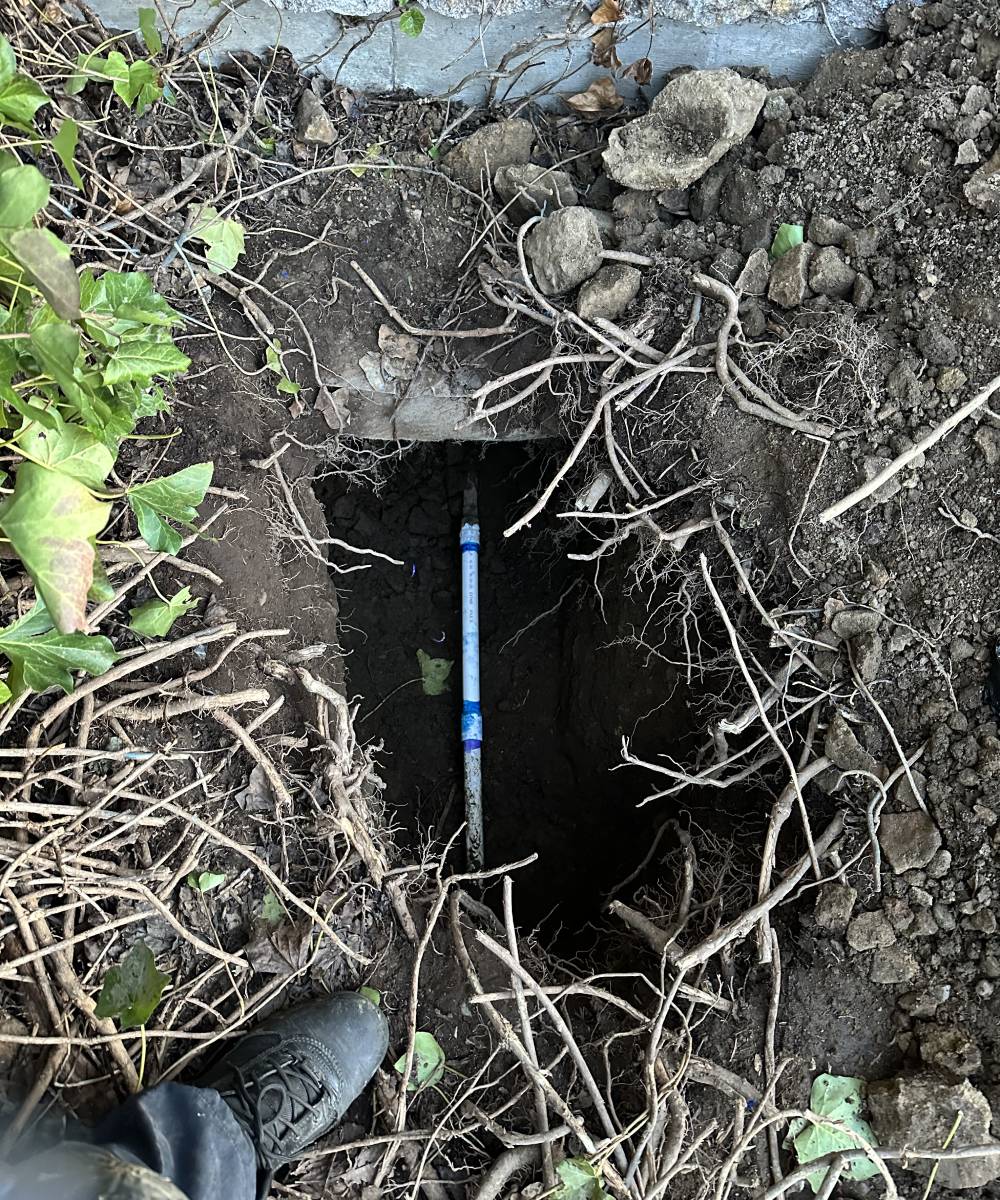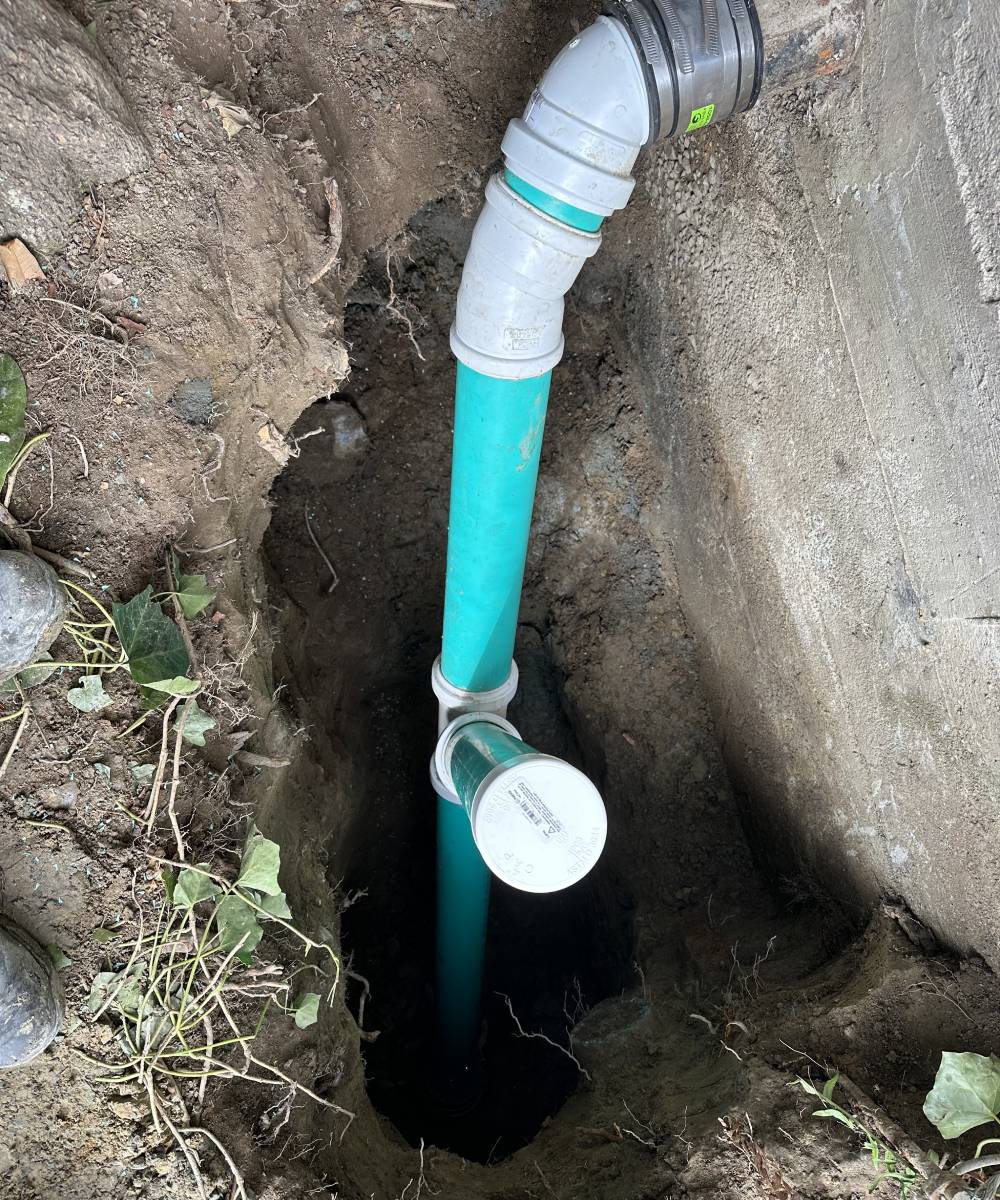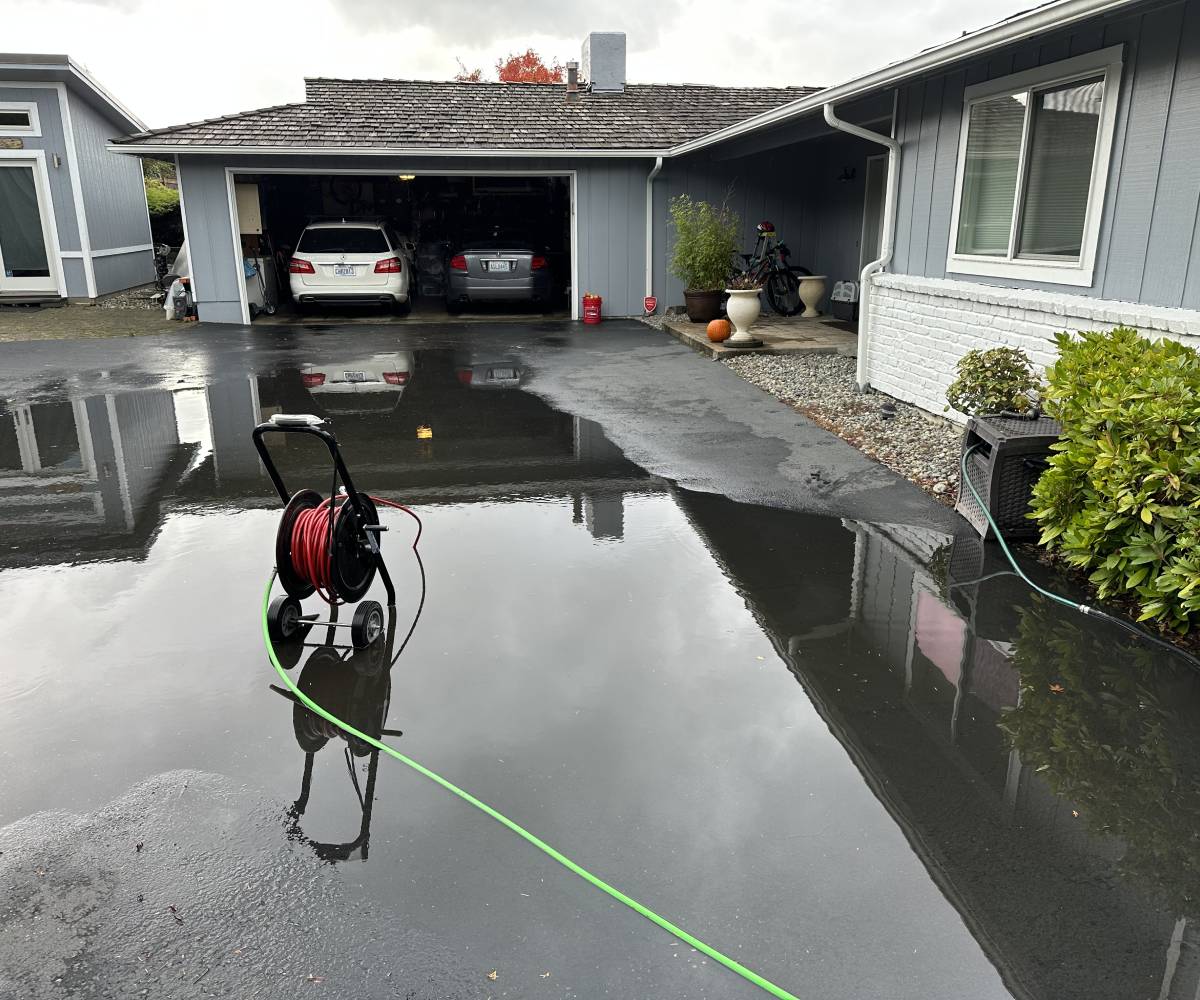When it comes to plumbing, choosing the right material for your pipes is vital for long-term durability, efficiency, and performance. Whether you’re considering a residential renovation, upgrading commercial plumbing, or planning a new project, understanding the available materials is essential. This guide will help you navigate the best options for your plumbing needs, including considerations for pipe longevity, water quality, and compatibility with modern sewer and drain cleaning techniques.
Why Choosing the Right Pipe Material Matters
Selecting the right material for your plumbing pipes ensures long-term functionality and safety for your plumbing system. The wrong material can lead to frequent leaks, corrosion, reduced water quality, or even structural damage. Whether you’re focused on pipe longevity and efficiency for a residential project or selecting commercial plumbing materials for a high-capacity system, informed decisions make a significant difference.
Popular Plumbing Pipe Materials
PVC (Polyvinyl Chloride)
Advantages:
- Lightweight and easy to install
- Corrosion-resistant and durable
- Ideal for drain cleaning and sewer applications
Drawbacks:
- Not suitable for high-temperature water
- Limited lifespan compared to other materials
Best Uses:
Sewer and drain systems, residential waste lines.
PEX (Cross-linked Polyethylene)
Advantages:
- Highly flexible and easy to maneuver in tight spaces
- Resistant to freezing and bursting
- Minimal joints reduce the risk of leaks
Drawbacks:
- Susceptible to UV damage
- Not as long-lasting as copper
Best Uses:
Hot and cold water supply lines in residential and commercial settings.
Copper Pipes
Advantages:
- Extremely durable and long-lasting
- Excellent for water quality and temperature resilience
- Naturally resistant to bacteria and corrosion
Drawbacks:
- Expensive compared to other materials
- Difficult to install without professional help
Best Uses:
High-temperature water systems, drinking water lines, and renovation projects.
Galvanized Steel
Advantages:
- Sturdy and reliable for heavy-duty applications
- Cost-effective for large-scale projects
Drawbacks:
- Prone to rust and corrosion over time
- Difficult to replace or modify
Best Uses:
Older plumbing systems and high-pressure commercial setups.
CPVC (Chlorinated Polyvinyl Chloride)
Advantages:
- Handles hot water better than standard PVC
- Lightweight and easy to work with
Drawbacks:
- Brittle and prone to cracking in cold weather
- Limited lifespan compared to other modern materials
Best Uses:
Hot water supply lines in climates with minimal freezing risks.

Key Considerations for Pipe Selection
Durability and Lifespan
Different materials offer varying lifespans, ranging from 20 years for PEX to over 70 years for copper. Choose a material that aligns with the longevity you expect for your system.
Water Quality
Ensure the material does not leach harmful substances into the water, particularly for drinking water supply lines.
Temperature and Pressure Resilience
If your system involves hot water or high pressure, opt for materials like copper or CPVC, which can withstand extreme conditions.
Corrosion Resistance
Corrosion-resistant pipes like PVC and PEX are ideal for areas with high mineral content or acidity in water.
Maintenance and Compatibility
Opt for materials compatible with modern sewer & drain cleaning techniques, ensuring long-term maintenance is hassle-free.
Modern Solutions for Pipe Repair and Replacement
KnightRooter specializes in trenchless pipe replacement and maintenance techniques compatible with all pipe materials. Whether you’re dealing with aging pipes or planning a new installation, modern solutions minimize disruption and maximize efficiency.
FAQ
What is the most cost-effective plumbing material?
PVC and PEX are generally the most budget-friendly options while still offering good performance.
How can I determine if my pipes need replacing?
Look for signs like reduced water pressure, discoloration, frequent leaks, or corrosion.
Are copper pipes worth the investment?
Yes, copper is highly durable and ensures excellent water quality, making it ideal for long-term projects.
Can I mix different pipe materials in one system?
Yes, but ensure they are compatible to avoid issues like galvanic corrosion. Consult a professional for advice.
What is the best material for high-temperature water lines?
Copper and CPVC are excellent choices for hot water systems due to their heat resilience.
Conclusion
Choosing the right plumbing materials is essential for a durable and efficient system. For expert advice and services, visit KnightRooter and explore solutions tailored to your plumbing needs.





No comment yet, add your voice below!